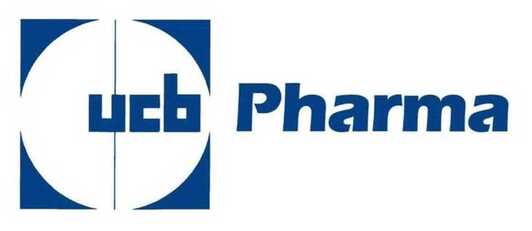Taking care of immune-beneficial infant gut bacteria
- Area
- Systems Nutrition
- Expertise
- Data integration
- Knowledge extraction
- Pathway analysis
Challenge
Hunting for foods to help infants build strong immune systems, a New Zealand National Science Challenge. These studies are traditionally conducted trialing potential foods on infants followed by blood analysis.
What we did
To narrow down the efforts in identification of potential weaning foods boosting the infant’s immune system, we devised and applied Natural Language Processing methods (NLP) in a multi-level text-mining pipeline. Relevant gut microbes were automatically extracted from more than 47,000 PubMed articles. The bacteria nutrient profiles underwent a metabolic network topology screening to identify 18 putative probiotics whose exogenous metabolites could be sourced from natural food databases and a range of most promising foods were ranked.

Outcome
The unbiased reverse metabolic strategy, implementing a translational systems biology-based methodology, led to the identification of natural foods capable of increasing the immune-beneficial symbiotic gut microflora in humans. The findings were used the High-Value Nutrition National Science Challenge pilot clinical trials on infants aged 6–12 months.
Partner

UCB’s ambition is to transform the lives of people living with severe diseases., focusing on neurology and immunology disorders by leveraging scientific advances and skills in areas such as genetics, biomarkers and human biology
https://www.ucb.comPublications
Michelini, S. et al. A reverse metabolic approach to weaning: in silico identification of immune-beneficial infant gut bacteria, mining their metabolism for prebiotic feeds and sourcing these feeds in the natural product space. Microbiome 6, 171 (2018). https://doi.org/10.1186/s40168-018-0545-x